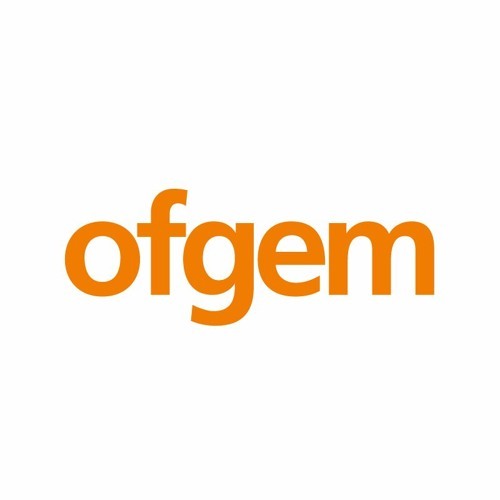We continue our run-down of the most significant stories of the year, today taking a look back at March and April, which saw Ofgem unveil its overhaul of network incentives and major moves from some of UK energy’s biggest players.
Ofgem unveils radical RIIO overhaul to save £5 billion
March kicked off with a bang, as industry regulator Ofgem unveiled plans to overhaul its network incentives scheme. Plans were afoot to redesign the Revenue = Incentives + Innovation + Outputs (RIIO) mechanism, which effectively polices how much the country’s network operators can charge.
Having spent the previous nine months warning network firms that the next set of controls, RIIO-2, which are to come into effect from 2021, will be much tougher than the existing set, Ofgem stood true to its word and unveiled a proposed cost of equity cap of between 3 – 5%.
Cue much anger from said networks firms.
Ofgem’s motivation is noble. Such a move, the regulator says, could save consumers between £15 and £25 per year on a dual fuel household bill, equating to more than £5 billion over the controls’ five-year period. But networks firms were quick to argue that capping the cost of equity at such a low level would significantly impact their ability to seek the required investment in infrastructure.
Further details surrounding RIIO-2 have been drip-fed throughout the year, but the industry still awaits a decision on Ofgem’s final cost of equity cap. An announcement is expected, however, later this month.
Shell makes supplier plunge with First Utility buy
Elsewhere in March, global energy giant Shell entered the UK supplier market by completing its purchase of First Utility, one of the UK’s largest suppliers outside of the Big Six. Although first announced in December 2017, the deal was formally signed, sealed and delivered on 1 March, and Shell immediately went about business by placing downstream VP Colin Crooks in charge.
And it appeared from the very off that Shell had big plans for its new-found supply division. “The rapidly-evolving retail energy market is a natural place for Shell to expand its business, building on the trusted relationships we’ve built with our millions of forecourt customers. We aim to grow our customer base by offering an attractive range of products and a real alternative to other companies in the sector,” Crooks said.
OVO goes ‘EnTech’ with new domestic products
Another supplier with substantial plans for the UK supply market turned out to be OVO Energy, which in April unveiled a suite of products it said would be “revolutionary” for the UK market.
All launched under OVO’s proprietary digital intelligence platform, the products included what was claimed to be the world’s first widely available domestic vehicle-to-grid EV charger and a home energy storage solution.
The central cog to OVO’s suite is a digital platform dubbed VCharge, based on the smart grid platform of the same name it acquired in February 2017, designed to collate the flexible capacities of all the devices. “This is the first step in building the distributed energy system of the future. One that is truly customer centric and built around households and their connected energy storage devices,” chief executive Stephen Fitzpatrick said.
Part one of our re-cap of 2018, featuring the top stories from January and February, can be read here.





